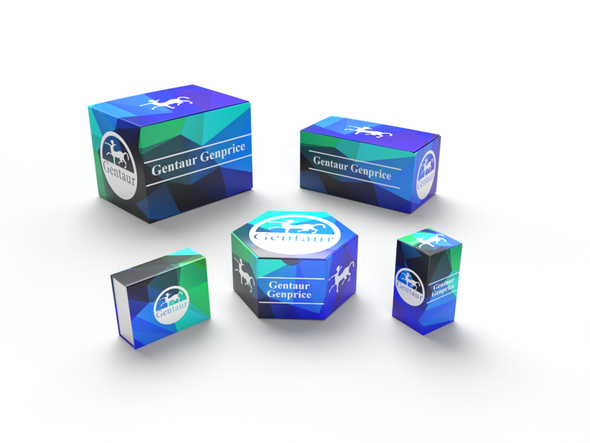BW
Microcephalin (F131) polyclonal Antibody | BS9224
- SKU:
- BW-BS9224
- Availability:
- Usually ships in 5 working days
Description
Microcephalin (F131) polyclonal Antibody | BS9224 | Gentaur UK, US & Europe Distribution
Host: Rabbit
Reactivity: Human,Mouse
Application: WB IHC
Application Range: WB: 1:500~1:1000 IHC: 1:50~1:200
Background: Microcephalin (MCPH1, BRCT-repeat inhibitor of TERT expression 1, BRIT1) modulates brain size and has been proliferating under strong positive selection for several thousand years, although the nature of the positive selection is poorly understood. Human Microcephalin contains three BRCA1 Cterminal (BRCT) domains and shares 57% identity with its mouse ortholog, the most conserved regions being BRCT domains where there is 80% identity. Pre-dominant expression of human Microcephalin is observed in fetal brain, liver and kidney tissues and is expressed during neurogenesis in mice. Microceph-alin displays significantly higher rates of protein evolution in primates than in rodents; this trend is most noticeable for the subset of genes associated with nervous system development.
Storage & Stability: Store at 4°C short term. Aliquot and store at -20°C long term. Avoid freeze-thaw cycles.
Specificity: Microcephalin (F131) polyclonal Antibody detects endogenous levels of Microcephalin protein.
Molecular Weight: ~ 95 kDa
Note: For research use only, not for use in diagnostic procedure.
Alternative Names: BRCT repeat inhibitor of TERT expression 1; BRIT 1; FLJ12847; Hypothetical protein FLJ12847; MCPH 1; MCPH1; MCPH1; MCT; Microcephalin 1; Microcephalin; Microcephaly primary autosomal recessive 1
Immunogen: Synthetic peptide, corresponding to amino acids 100-150 of Human Microcephalin.
Conjugate: Unconjugated
Modification: Unmodification
Purification & Purity: The Antibody was affinity-purified from rabbit antiserum by affinity-chromatography using epitope-specific immunogen and the purity is > 95% (by SDS-PAGE) .
Pathway: ESC Pluripotency and Differentiation Signaling Pathway,






